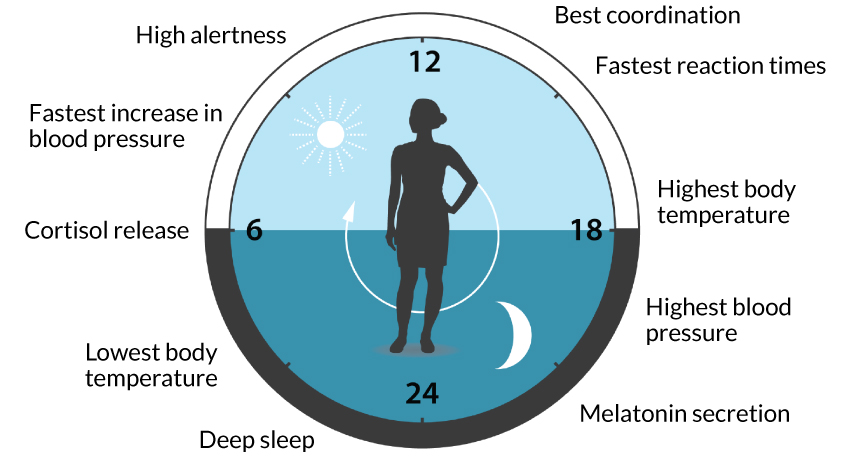Body clock mechanics wins U.S. trio the Nobel Prize in physiology or medicine

Discoveries about the clocklike ups and downs of daily life have won Jeffery C. Hall, Michael Rosbash and Michael W. Young the Nobel Prize in physiology or medicine.
Circadian rhythms are daily cycles of hormones, gene activity and other biological processes that govern sleep, body temperature and metabolism. When thrown out of whack, there can be serious health consequences, including increased risk of diabetes, heart and Alzheimer’s diseases.
Hall and Rosbash discovered the first molecular gear of the circadian clockworks: A protein called Period increases and decreases in abundance on a regular cycle during the day. Young discovered that another protein called Timeless works with Period to drive the clock. Young also discovered other circadian clockworks.